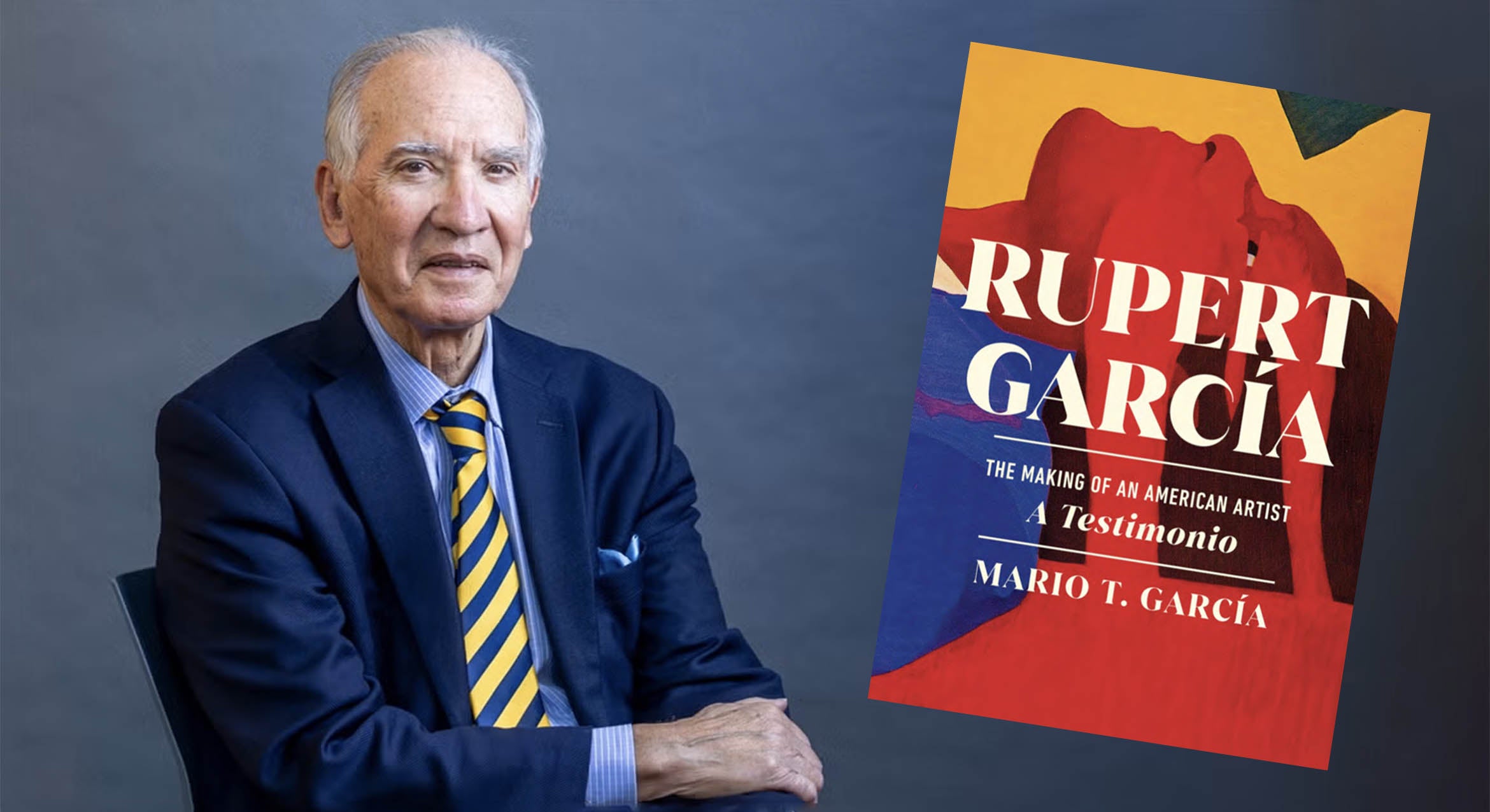
An Unanticipated Honor
The email came as a quite a surprise to UC Santa Barbara composer Curtis Roads. He knew of the Giga-Hertz Award, an honor aimed at underscoring the importance of electronic music in contemporary culture, but he had no idea he was in the running for the 2016 prize. Through that email he learned he was the winner.
Sponsored by ZKM Karlsruhe and the Experimentalstudio des SWR, Freiburg, the 10,000-euro prize has been awarded annually since 2007.
“Roads is an internationally recognized composer who teaches electronic music composition,” said George Legrady, chair of the Media Arts and Technology graduate program. “As a leading practitioner, researcher and theorist in the field, he is very deserving of this award.”
A professor of media arts and technology and associate director of the campus’s Center for Research in Electronic Art Technology, Roads is considered one of the most influential composers in the electronic genre. He also is affiliated with the Department of Music. According to the jury, “certain of his compositions feature granular and pulsar synthesis, technologies which he developed for generation sound from acoustical particles.”
The prize committee was equally impressed with his publications, which include “Composing Electronic Music: A New Aesthetic” (Oxford University Press, 2015) and “Microsound” (The MIT Press, 2001). Roads also authored “The Computer Music Tutorial” (The MIT Press, 1996), the main textbook in the field of electronic music. It has been translated into Chinese, Japanese and French, and a revised edition is in the works.
In 2001, Roads and composer Alberto de Campo developed PulsarGenerator, a widely distributed application for sound particle synthesis. Together with alum David Thall, Roads developed EmissionControl, a program for generalized granular synthesis.
The following year, Roads received the Prix Ars Electronica Award of Distinction for “POINT LINE CLOUD,” a collection of electronic music with videos by Brian O’Reilly. His composition “Clang-Tint” was commissioned by the Japan Ministry of Culture (Bunka-cho) and the Kunitachi College of Music, Tokyo.
Roads studied music composition and computer programming at the California Institute of the Arts, UC San Diego and the University of Paris, where he earned his doctorate. From 1980 to 1986 he was a researcher in computer music at the MIT Media Laboratory. Later, he taught at the University of Naples Federico II, Harvard University, the Oberlin Conservatory of Music, CCMIX (formerly Les Ateliers UPIC) in Paris and the University of Paris 8.
Roads has led master classes around the world, is the organizer of international workshops on musical process signaling and has served on the composition juries in Europe. Co-founder of the International Computer Music Association in 1979, he served as editor and associate editor of Computer Music Journal for 23 years.
The Giga-Hertz Award is named for Heinrich Hertz, the internationally renowned physicist who in the late 19th century discovered electromagnetic waves. The prize was arranged as an initiative of the ZKM | Center for Art and Media Karlsruhe and since 2007 has been jointly awarded by the leading German studios for electronic music: the Experimentalstudio des SWR, Freiburg; and ZKM | Institute for Music and Acoustics in Karlsruhe.



